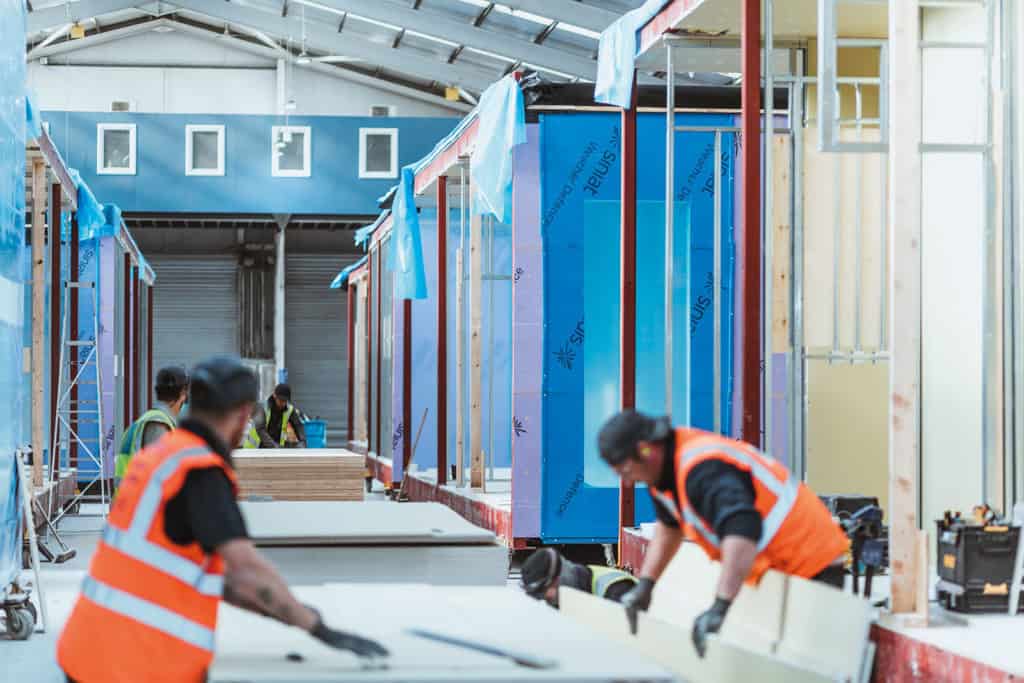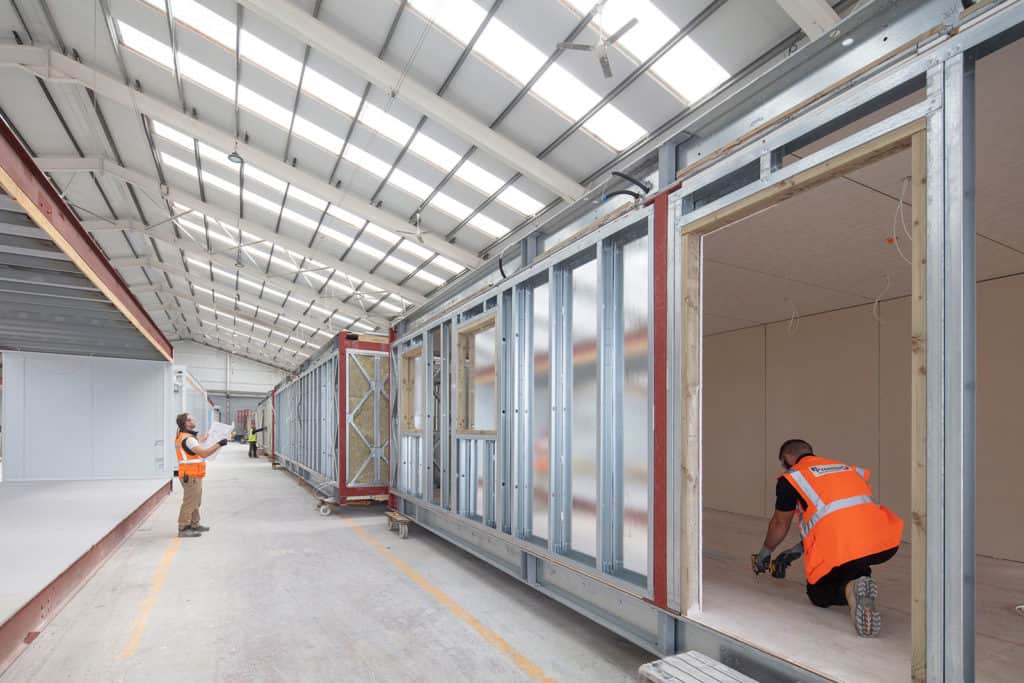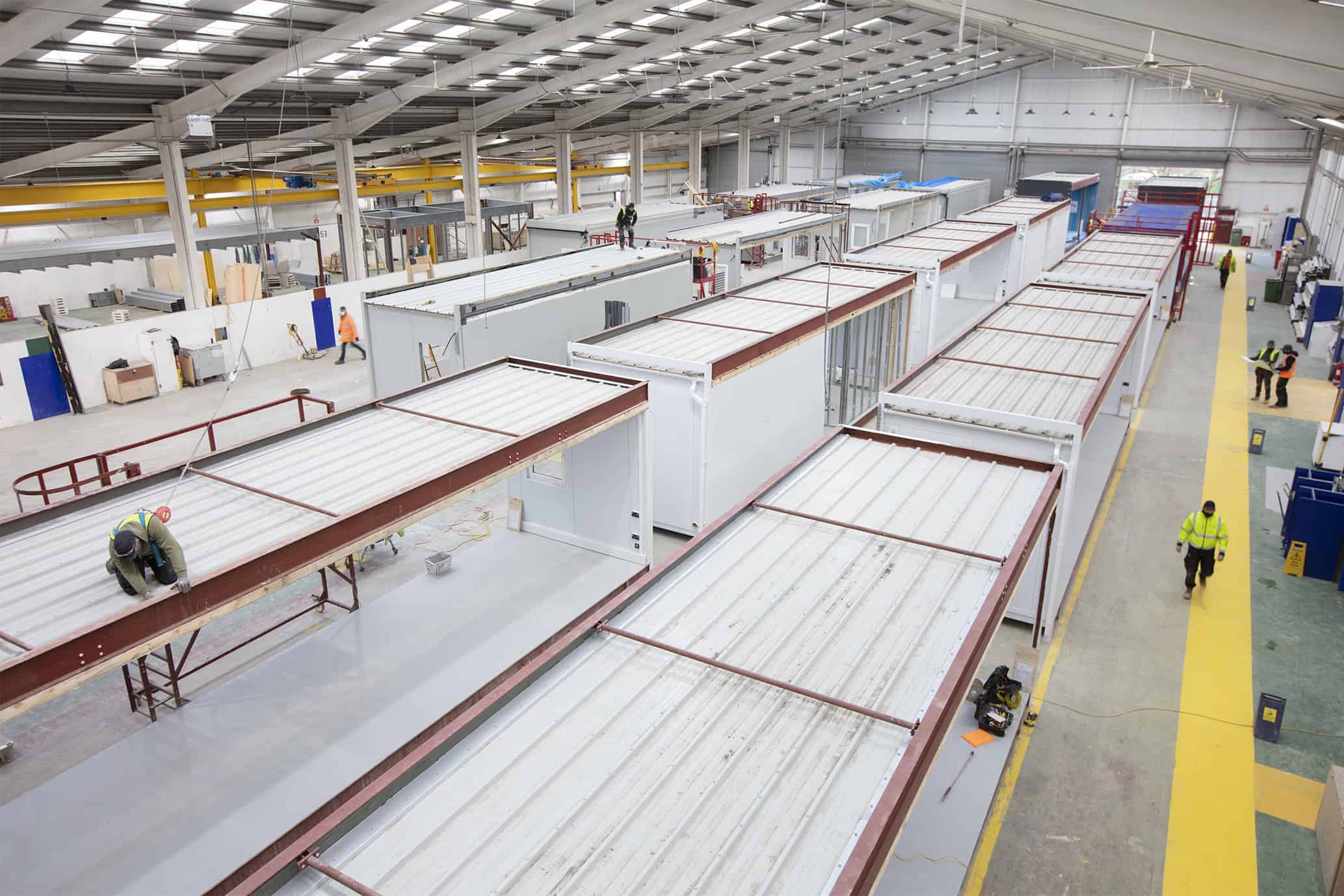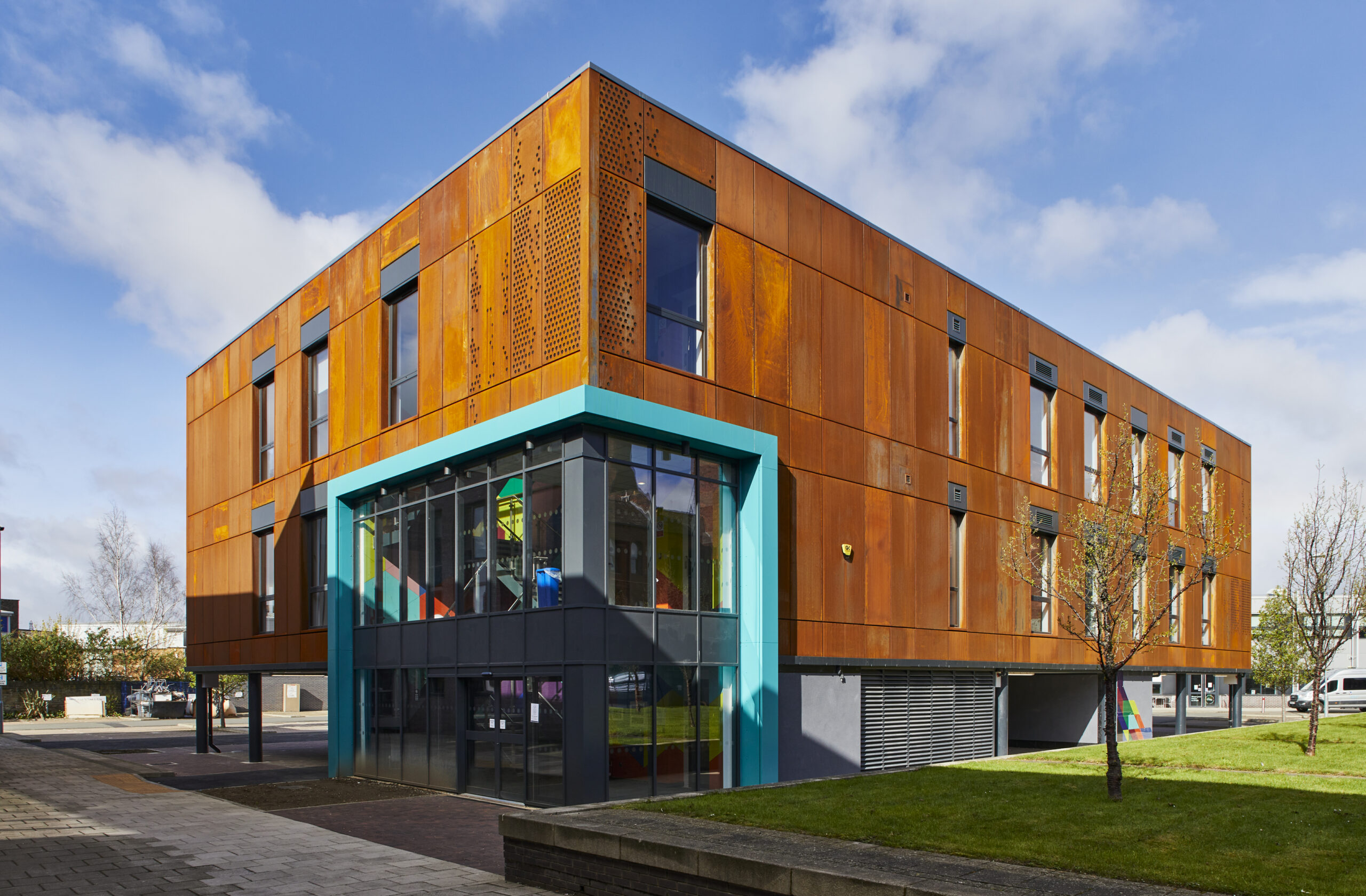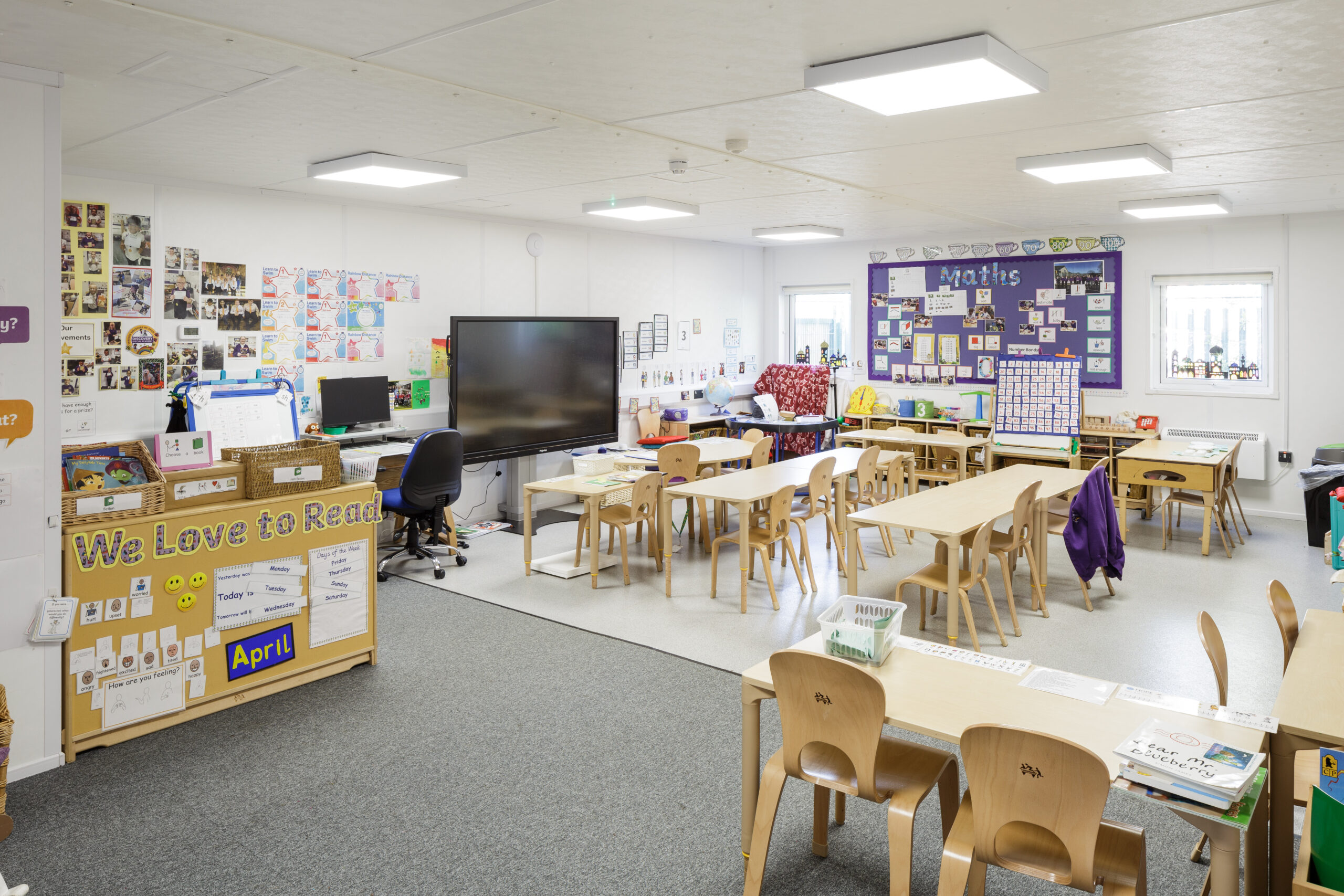The king of manufacturing is efficiency. Because of this, it frequently serves as a model for other industries to follow as they work to increase efficiency and cut down on waste.
The time for lean manufacturing
Lean manufacturing has never had a more compelling argument. Because of the rise in material costs — building materials cost 25% more in 2022 than they did in 2021—minimising waste and cutting costs overall are top priorities.
Lean manufacturing and modular building is also bridging a gap revealed by the present skills gap in the construction sector.
Now is the perfect time for lean manufacturing to gain traction and for other industries to embrace how it can enhance their processes, as we’re all pushed to deliver more with less resources and shorter time frames.
A lesson for other industries
We’re all aware that waste in lean manufacturing doesn’t simply pertain to resources; it also pertains to time. Lean manufacturing is based on the 5S approach of organising spaces, which stands for sort, set in order, shine, standardized and sustain. The value of each stage and phase is determined using lean manufacturing techniques, which also ensures that products are produced to a continuously higher overall level.
The advantages of the 5S system and lean manufacturing, which were first utilised in the automobile industry, have prompted firms all over the world to embrace these techniques.
At Premier, we used the skills of experts in lean manufacturing to improve the procedures we use to create structure in our facilities. Our 1950s-era founders wouldn’t recognise our business as it is today! From essentially being a construction site under a roof, it has transformed beyond recognition, using lean manufacturing flow lines, Kanban systems and the Kaizen technique to improve the quality of what is produced.
Continually improving
The Kaizen approach’s cyclical nature makes lean manufacturing never stops improving efficiency. Kaizen literally translates as ‘change for the better’ and the methodology is based on analysing the issues, identifying their root causes and then testing and putting a solution into practise. This strategy is essential for maintaining ongoing process improvement across all industries. Something isn’t perfect just because it‘s better than it was before.
We employ standardised componentry in offsite manufacturing, which makes our output reproducible and increases efficiency by ensuring uniformity in assembly. As a result, we observe time savings with increased output year over year. For instance, we’ve cut the build time for our retail clients by 25%, allowing us to pass along sizable cost savings to the client.
Lean manufacturing techniques used in modular and offsite construction provide a number of additional advantages, such as:
1.Consistency
The core of lean manufacturing is a consistent methodology. Because employees frequently perform the same duties, a higher quality product is created and the quality of the product keeps getting better.
2. Faster handover
As the quality of the product is higher, this means handover is quicker on site, reducing the likelihood of aftercare defects. This helps to build relationships with supply chain partners.
3. Safety
The total safety of operations is increased as working procedures are outlined as standard procedures. Because of these production procedures, operational safety is continuously enhanced, just like with product quality.
What’s next for lean manufacturing?
Lean manufacturing has considerably enhanced our operations, with better quality, efficiency and accuracy. We expect that the advantages of lean manufacturing will continue to be identified and implemented as best practise and will advance and extend throughout traditional construction and other industries.
Other industries would be making a big mistake if they ignored how lean manufacturing concepts could benefit them. Lean manufacturing helps to handle a number of difficulties in the business, such as rising costs, safety concerns, skills shortages and sustainability targets.
For more information on modular buildings, which use lean manufacturing processes to deliver quality time after time, get in touch.
